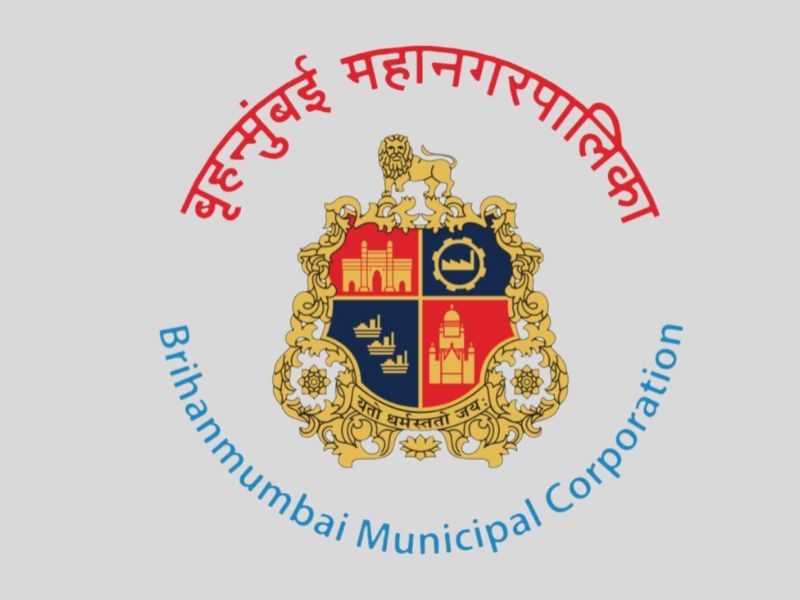In a bid to prevent students from dropping off the education grid during the long summer break (May 2 – June 14), Mumbai’s municipal body – the Municipal Corporation of Greater Mumbai (MCGM) has asked its teachers and students to continue online teaching and distance learning until the beginning of the new academic year. MCGM’s teachers were already engaging students through daily online sessions until April 30, the last day of the current academic year in municipal schools. A circular issued by MCGM’s education department dated April 20 encouraged teachers to continue teaching students through e-learning initiatives despite the end of the current academic year (2019-20). It asked teachers to do so on humanitarian grounds as part of their social obligation towards students during the current tough situation.
MCGM is the country’s richest municipal body with an annual budget of Rs 33,441 crore. It provides free elementary education in state board curriculum to 2, 71, 486 children from low income families through the 1180 schools it administers. However, despite the free education and sops – 27 free stationery and uniforms etc., MCGM’s has consistently had a poor student retention rate. According to Praja Foundation’s white paper – State of municipal education in Mumbai, for every 100 students enrolled in class I in municipal schools, only 22 of them stay in school till class X.
This year, children from municipal schools have already been off regular studies since March 15 when Maharashtra’s Shiv Sena led tri-party Maha Vikas Aghadi (MVA) government shut schools in the state to contain the spread of the COVID-19 pandemic. Besides, students still have another month and half before the new academic year begins on June 15 i.e. if COVID -19 threats abate by then. Worried the prolonged absence of studies during this lockdown will lead to far more dropouts in the next academic year, the MCGM’s education department officials are hoping to keep the student’s academic interest alive by extending online learning for as long as possible.
MCGM’s education department’s has asked all municipal and another 1120 low-income schools registered with it to continue with the four hour distance learning timetables they followed until April end. Teachers continue to share academic content digitally with students across all grades using social media platforms like Zoom, Telegram, WhatsApp, YouTube videos, Google spreadsheets and government created mobile apps like ‘Diksha’ that have a repository of digital textbooks. Students are asked to answer multiple choice questions sets, take personality and skill development tests etc. and read downloaded texts.
However despite MCGM’s good intentions, teachers are unable to engage with more than half of their students as most belong to low-income families living in urban slums and have minimal or no access to digital or smart devices. In Dharavi alone where the MCGM has 30 municipal schools it has been able to connect with just 45 percent of its 11,000 students.
“Many families do not own a smartphone or are unable to afford a phone recharge in the absence of any income during this extended lockdown period. In such cases, our teachers send SMS messages outlining different learning activities parents may involve their children in. Teachers are connected to the children through phone calls too. While our digital initiatives are aimed at preparing our students in case of further delays in commencement of the new academic year, this engagement provides students some form of support during these tough times,” says Mahesh Palkar, Education officer, MCGM.
Mumbai’s municipal corporation introduced technology into its schools way back in 2011 when it set up virtual training centers in 400 plus schools. In 2015, students of grades VIII, IX and X were handed over electronic tablets with pre-downloaded academic curriculum content for use within the school premises only. Unfortunately, in the absence of adequate planning, the state government’s decision to shut schools has resulted in the pre-downloaded tablets lying unused in closed municipal classrooms even as many of MCGM’s students remain without access to digital or smart devices.
Dipta Joshi
Posted in News, States


























